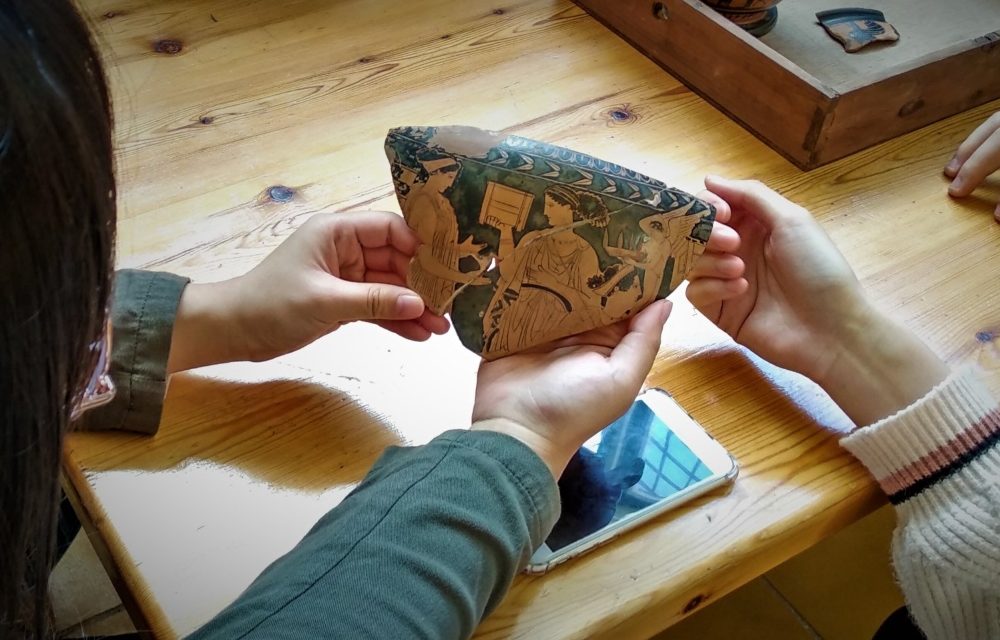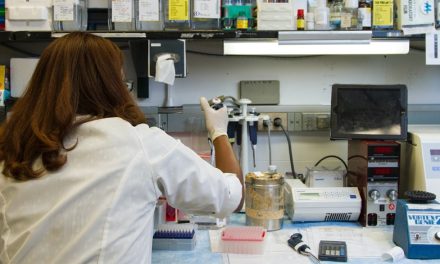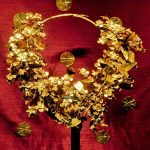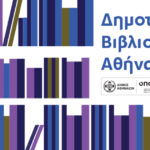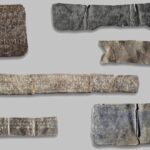The web portal Study in Greece is campaigning for the promotion and international visibility of Greek Universities and the comparative educational advantages of our country. In particular, the campaign focuses on the foreign language study programmes that Greek Universities offer to Greek and international students. The initiative is supported by the General Secretariat of Higher Education of the Ministry of Education and Religious Affairs and the General Secretariat for Greeks Abroad and Public Diplomacy of the Ministry for Foreign Affairs. In this context, a number of educational programmes and actions are presented in detail on a regular basis, such as undergraduate and postgraduate programmes, summer schools etc, to inform international students about the many foreign language options offered by Greek Universities.
Study in Greece interviewed Associate Professor Konstantinos Kopanias, director of the MΑ in Greek and Eastern Mediterranean Archaeology offered at the National and Kapodistrian University of Athens (NKUA), about the programme, its features and what it has to offer to international students.
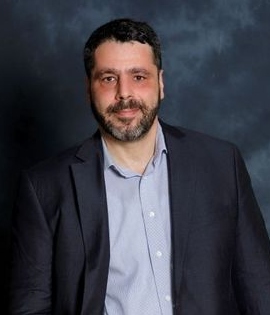 Dr Konstantinos Kopanias is Associate Professor at the Department of History and Archaeology of the National and Kapodistrian University of Athens, specialising in the Archaeology of the Eastern Mediterranean. He is also the Director of the MA Programme in Greek and Eastern Mediterranean Archaeology which is offered by NKUA. He has participated and co-organised many excavations and field surveys in Greece, Germany and Turkey. Since 2011 he is the director of the Tell Nader & Baqrta Excavation Project in the Kurdistan Region of Iraq. His publications focus on the acculturation between the Aegean and the Near East during the Late Bronze Age and the Early Iron Age, but also the prehistoric Northern Mesopotamia.
Dr Konstantinos Kopanias is Associate Professor at the Department of History and Archaeology of the National and Kapodistrian University of Athens, specialising in the Archaeology of the Eastern Mediterranean. He is also the Director of the MA Programme in Greek and Eastern Mediterranean Archaeology which is offered by NKUA. He has participated and co-organised many excavations and field surveys in Greece, Germany and Turkey. Since 2011 he is the director of the Tell Nader & Baqrta Excavation Project in the Kurdistan Region of Iraq. His publications focus on the acculturation between the Aegean and the Near East during the Late Bronze Age and the Early Iron Age, but also the prehistoric Northern Mesopotamia.
Dr. Kopanias, please tell us in a few words what the MA in Greek and Eastern Mediterranean Archaeology Programme deals with.
It is an one-year Master’s programme taught in English, devoted to the advanced study of archaeology of Greece, the wider area of the Aegean, Cyprus and the Eastern Mediterranean, including Mesopotamia. It aims to provide its students with the systematic knowledge, critical thinking, and communication skills required to assess the archaeological record as professional researchers or specialists in the Heritage sector. Therefore, it deals with the most important aspects of the Archaeology of the Aegean and the Eastern Mediterranean from the late 3rd to late 1st mill. BCE.
 Given that the programme is taught entirely in English, tell us in which ways international students can benefit from it?
Given that the programme is taught entirely in English, tell us in which ways international students can benefit from it?
Our programme offers the opportunity to foreign students to stay in Greece for one year and familiarise themselves with the ancient sites and monuments. We also organise field trips to the most significant Prehistoric and Classical archaeological sites in Greece. Our students can choose from a variety of modules, taught by specialists in Prehistoric and Classical Archaeology. The MA students have the opportunity to participate in our Department’s excavation in Marathon, and thus gain first-hand experience in an archaeological field project. Our programme is ideal for graduates in all fields of Humanities. It prepares them for their PhD studies, but also for a career as a field archaeologist, museum curator or as a specialist in the Heritage sector.
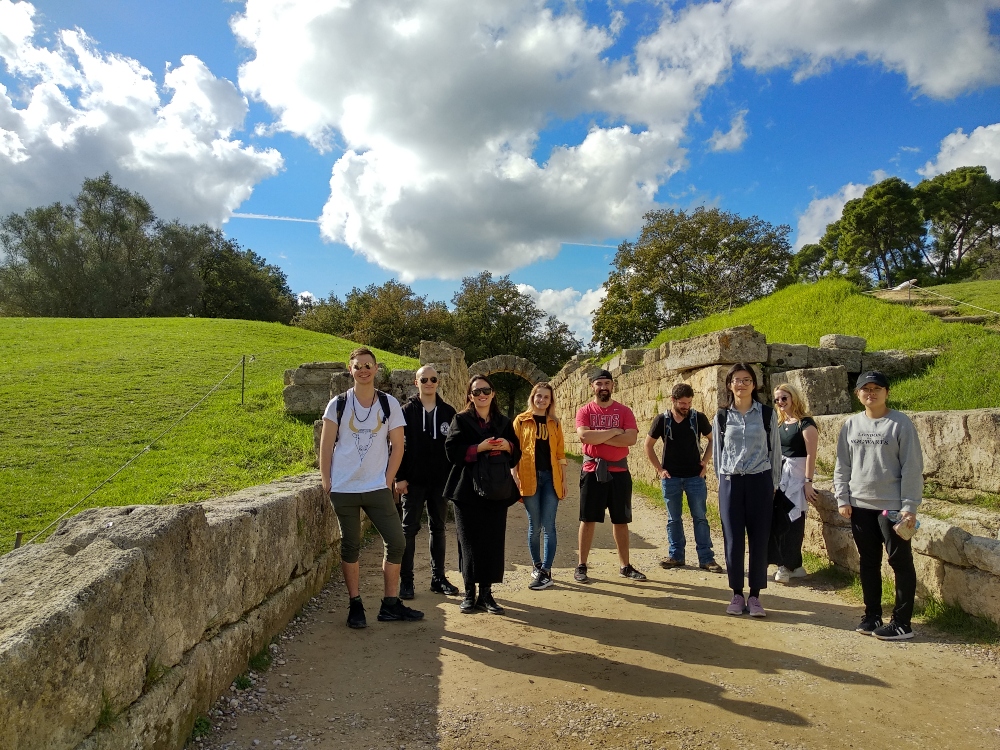 Are you satisfied by the programme’s output so far?
Are you satisfied by the programme’s output so far?
Yes, we are very pleased. We have students from all over the world, mainly from the USA, Canada and many European countries, but also from Australia, China, Egypt, Island, Israel and South Africa.
Considering that Greece is world-renowned for its archeology, culture and Classics, do you believe that this could create a “tradition” in these fields in order to attract more and more international students?
This is already the case. The National and Kapodistrian University of Athens already offers a four-year BA programme in the Archaeology, History and Literature of Ancient Greece, taught in English. In the academic year 2023/24, two new MA Programmes are going to be launched, one specialising in the Archaeological Sciences and one in Digital Heritage. Both are going to be taught in English.
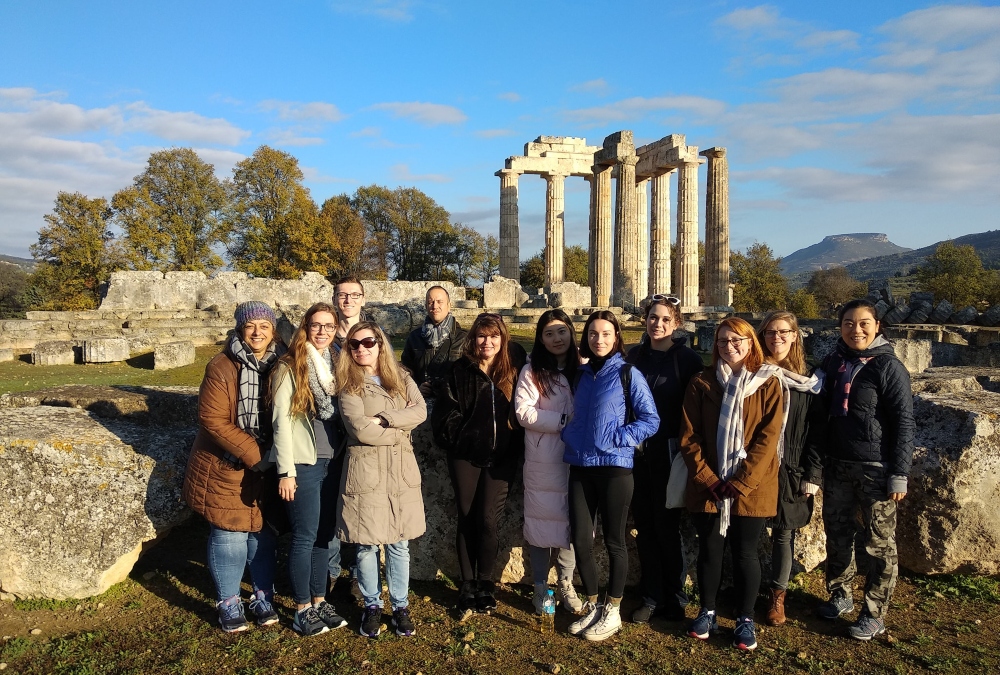 Tell us a few words about the NKUA, which is the oldest and largest university in Greece, with important and pioneering work in the last two centuries.
Tell us a few words about the NKUA, which is the oldest and largest university in Greece, with important and pioneering work in the last two centuries.
The National and Kapodistrian University of Athens was established in 1837 and is the oldest University in the Eastern Mediterannean. It is also the largest University in Greece and scores very well in the International Education Rankings. It has a total of 41 Undergraduate Programmes, 213 MA Programmes, 15 Centres of Excellence, 3 University Hospitals, 275 University Laboratories, 11 Libraries and 17 thematic museums. With a student body of 68.500 undergraduate and postgraduate students, over 2.100 members of academic staff and approximately 1.000 administrative staff, NKUA aims at excellence in both teaching and research in a significantly varied range of disciplines. For more information, visit the University’s official site.
Read also via Greek News Agenda: Study in Greece: English-language MA in Greek and Eastern Mediterranean Archaeology; Study Classical Greece in Athens; Interview with Prof. Karamalengou, academic director of the first English-language university programme on classical studies in Greece
N.M. (Images from the MA’s official FB page)

